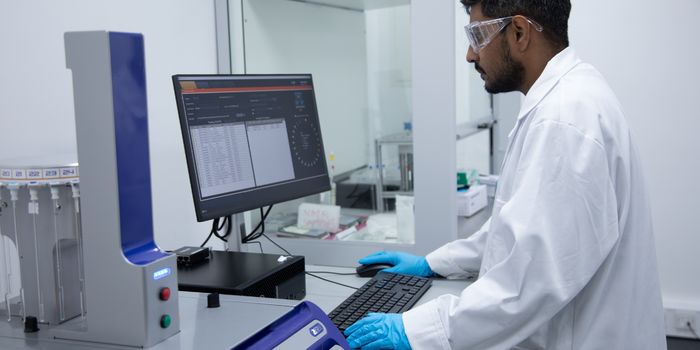Niraparib Shows Promise in Hard-to-Treat Prostate Cancers

“Although current standard treatments are very effective for the majority of patients with advanced prostate cancer, a small but very significant proportion of patients have limited benefit,” said lead author of the study, Professor Gerhardt Attard of the UCL Cancer Institute, London, in a press release.
“We now know that prostate cancers with alterations in homologous recombination repair (HRR) genes account for a significant group of patients whose disease recurs quickly and has an aggressive course. By combining with niraparib we can delay the cancer returning and hopefully significantly prolonging life expectancy,” he said.
Around 25% of men with advanced prostate cancer have mutations in HRR genes- a system that helps repair damaged DNA. When these genes malfunction, cancer cells can multiply and spread more quickly. Patients with these mutations typically experience faster disease progression and shorter survival under standard care.
The current study reported findings from the double-blind AMPLITUDE trial, which involved 696 men from 32 countries with an average age of 68 years old. Participants had advanced prostate cancer that had spread to other areas of the body and were starting treatment for the first time. Half of the participants received standard care with niraparib, and half received standard care and a placebo.
After an average follow-up of 31 months, researchers found that niraparib reduced the risk of cancer growth by 37% in all participants, and by 48% in those with BRCA1 and BRCA2 mutations- present in 56% of participants. They also found that the time until symptoms worsened was around twice as long for those receiving niraparib. They further observed a trend towards improved overall survival among those taking niraparib.
Although the treatment was generally well-tolerated, side effects were more common in the niraparib group, including anemia and high blood pressure. The researchers also reported 14 treatment-related deaths in the niraparib group compared to 7 in the standard-of-care and placebo group alone.
The researchers noted that while the results are promising, more research is needed to understand long-term survival benefits.
"These findings are striking because they support widespread genomic testing at diagnosis with use of a targeted treatment for patients who stand to derive the greatest benefit,” said Attard.
"For cancers with a mutation in one of the eligible HRR genes, where niraparib has been approved, a doctor should consider a discussion that balances the risks of side effects against the clear benefit to delaying disease growth and worsening symptoms,” he concluded.
Sources: Science Daily, Nature Medicine








